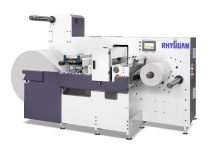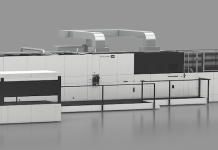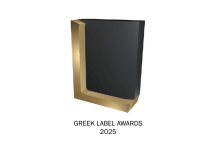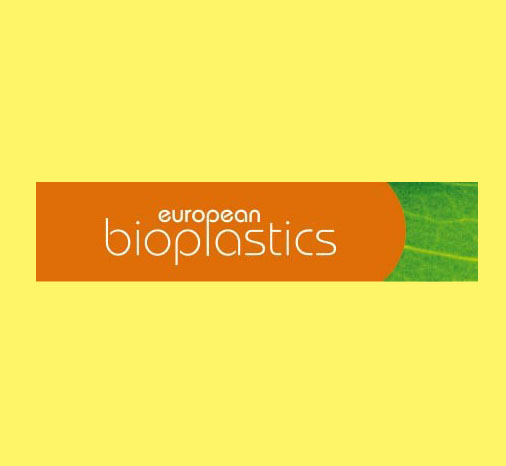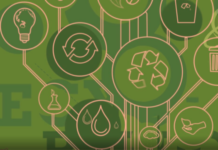PRESS RELEASE
FEAD POSITION IGNORES ROLE OF COMPOSTABLE PLASTICS IN ACHIEVING CIRCULAR ECONOMY
Berlin, 13 September 2019 – Regarding FEAD’s (European Federation of Waste Management and Environmental Services) latest position paper “Biodegradable and Bio-Based Plastics”, European Bioplastics (EUBP) believes that FEAD displays an incomplete perception on how a circular economy can be achieved. Unfortunately, the association exclusively focuses on mechanical recycling while at the same time refusing biodegradable plastic solutions. Scepticism of stakeholders towards the relevance of biodegradable certified compostable plastics in a circular economy usually stems from a vague notion about what these materials and corresponding products can actually contribute to efficient waste management.
Selected industrially compostable plastics applications help to separately collect organic waste, to divert larger volumes of bio-waste to organic recycling, and to reduce conventional plastic contamination in the bio-bin. Their use significantly contributes to an efficient management of bio-waste, the biggest fraction of the municipal waste stream.
The European Commission (EC) is working actively on clarifying criteria and applications for plastic products where the use of compostable plastics represents an advantage. The initiative of the EC will ultimately help stakeholders along the plastics and bio-waste value chains to grasp the benefits of compostable plastics in a circular economy context.
Specifically, EUBP would like to respond to some of the misconceptions included in FEAD’s position:
- Despite claims to the contrary, there is a regulation for the term “biodegradable plastics”. Already since 1994 these materials are included in the EU Packaging and Waste Directive. Its regulation has been recently revised and adopted by the Single-Use Plastics Directive, which contains a definition of biodegradable plastics.
- Doubts as to the complete industrial compostability of biodegradable plastics in compliance with the European standard EN 13432 lack any evidence, as conformity requires disintegration after 12 weeks and complete biodegradation in a maximum period of six months. That means that 90 percent or more of the plastic material will have been converted to CO2. The recent ETH peer-reviewed study[1] confirms that the remaining share is converted into water and biomass. EN 13432 also includes tests on ecotoxicity and heavy metal contents in order to ensure that no harmful substances are left behind.
- The alleged absence of standards ignores the fact that there are already numerous standards and test methods available on national, European, and even global level, providing a normative framework for explaining the properties “bio-based” and “biodegradable” in connection with plastic materials and products.
- As with conventional plastics, bioplastics need to be recycled separately by type. Hence, bioplastics attributable to already existing recycling streams (e.g. bio-based PE and bio-based PET) can easily be recycled together with their conventional counterparts, which is acknowledged by the FEAD paper. In addition, however, given that bio-based polymers – just like recyclables – reduce the depletion of fossil fuels for the production of virgin material, EUBP sees them both on the same level when it comes to asking for legislative support.
- Several points of the FEAD paper focus on a reportedly potential contamination of mechanical recycling streams with compostable plastics. A recent study published by the University of Wageningen (2017)[2], however, demonstrates that these allegations are not based on any scientific evidence. In fact, it was found that biodegradable plastics in mechanical recycling streams accounted for only 0.3%.
EUBP trusts that the EC will provide comprehensive guidance for the topic-related processes in the coming year and looks forward to ambitious legislative proposals based on the currently performed studies. In this regard we welcome FEAD’s supportive position on bio-based plastics that are mechanically recyclable. We look forward to the dialogue accompanying this process, including FEAD and other stakeholders.
[2] University of Wageningen, Bio-based and biodegradable plastics – Facts and Figures, 2017(pdf)
European Bioplastics (EUBP) is the European association representing the interests of the bioplastics industry along the entire value chain. Its members produce, refine, and distribute bioplastics i.e. plastics that are bio-based, biodegradable, or both. More information is available at www.european-bioplastics.org.




